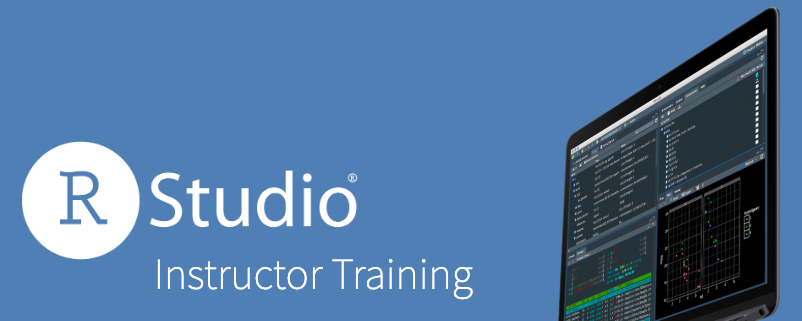A Review: RStudio Teaching Certification Course
I highly recommend the online RStudio Teaching Certification Course taught by Greg Wilson

This week I took an “RStudio Teaching Certification” workshop with Greg Wilson 1. I rate the workshop 5 out of 5 stars, and I encourage everyone that I know professionally to take this course.
I first met Greg Wison in January 2015 when I participated in a very large, in-person Carpentries Instructor training workshop at UC Davis. (I highly recommended that workshop too! 2) In 2016, I became certified as a Carpentries Trainer3 and learned how to teach people who to teach. I’ve taught the Carpentries Instructor Training workshop 10 times, hosted countless live coding demonstrations, and participated in lesson development and maintenance. That means that I’m familiar with the evolution of the curriculum and of Greg’s teaching abilities, and I think they are both great. I will gladly take this course again in 2022 if the policy to re-certify every 3 years is still in place.
Some highlights of the workshop for me:
-
A group size of 6 learners plus Greg was just right. I feel like I know their faces and voices, how to say their names, what computational tools they prefer, and a little bit about their interests. This is not something that can be easily accomplished with a large class size and an online format.
-
The slide deck very useful. I like how Greg’s slides were numbered, so I easily keep track of where we were in the syllabus, and I could use the same syntax for my notes to keep two in sync. Most of the slides were quite simple, with a few words stating the key points or describing an exercise. My favorite slides were the ones with concept maps summarizing the key points and their relationships to one another because that beautifully illustrates how concept maps can be used as both a guide for the teacher and a resource for the learner. Very on brand.
-
The content was immediately applicable. It just so happens that I’m giving a guest lecture today in a class on Reproducibility in Data Science as a Social Justice issue. I was able to take all advice Greg gave me in the morning (e.g. learner profiles, mental models, cognitive load, and mental capacity) and apply it to the design of my lesson in the afternoon 4. Did I 100% follow all his tips, no. I took bits and pieces that worked for me and made small conscious, deliberate changes to my lesson plan that I hope will make it more effective. Oh, I also learned more about R as a programming language from my peers that I can apply to my research, so double win! I’m convinced that watching other people code is the best way to serendipitously learn new coding skills. I’ve mostly done this through instructor training, but I’m really glad to see more live-coding as part of #tidytuesday 5 and #datosdemiercoles 6.
In summary, Greg’s delivery was excellent and the content was immediately useful and highly relevant. That may or may not be enough to convince anyone to participate, but I hope it does. I think there is something magical about these workshops that also helps build and engage membership within open-source communities. The people I’ve met through these workshops have gone on to excel as teachers and as leaders in their communities. Maybe Greg’s curriculum is also providing a strong foundation for leadership and community management in addition to creating a world filled with better teachers.
- https://blog.rstudio.com/2019/02/28/rstudio-instructor-training/
- https://www.raynamharris.com/blog/TrainTheTrainer/
- http://carpentries.org/trainers/
- https://speakerdeck.com/raynamharris/biological-science-for-social-justice-democratizing-data-science
- https://twitter.com/search?q=%23tidytuesday&src=typd
- https://twitter.com/hashtag/datosdemiercoles?src=hash
